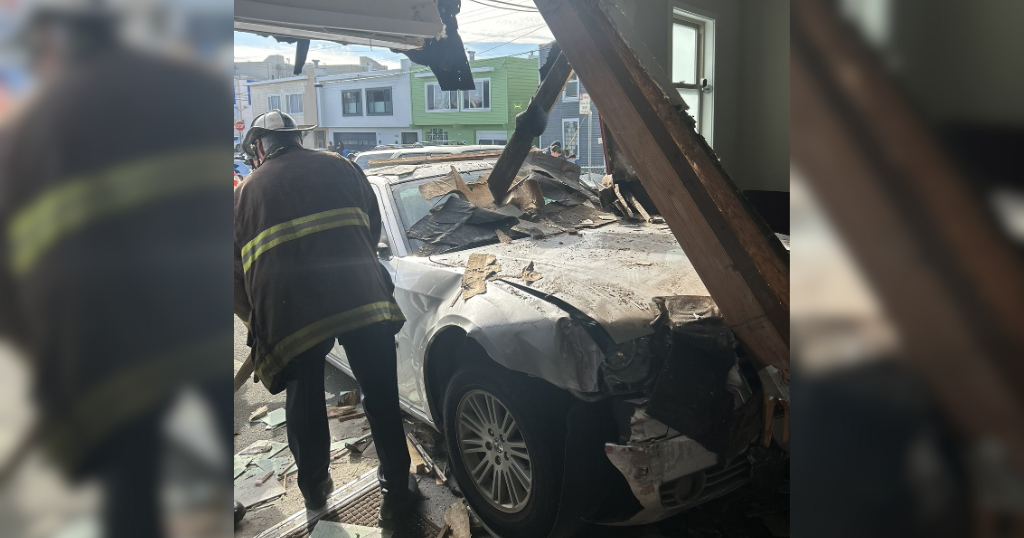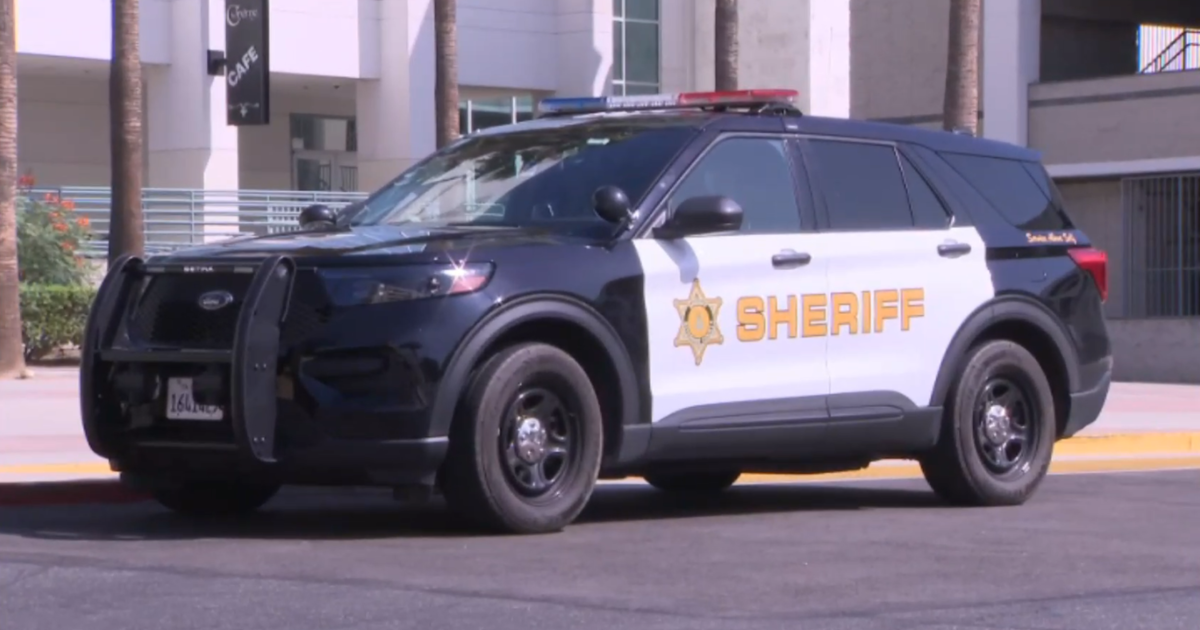US Agency Warns Nearly 8 Million Car Owners To Get Air Bags Fixed
DETROIT (WWJ/AP) - The U.S. government issued an urgent plea to nearly 8 million people to get the air bags in their cars fixed, amid concern that a defect in the devices can possibly kill or injure the driver or passengers.
The inflator mechanisms in the air bags can rupture, causing metal fragments to fly out when the bags are deployed in crashes. Safety advocates say at least four people have died from the problem and there have been multiple injuries.
Multiple automakers have recalled vehicles in the U.S. over the past two years to repair air bag inflators made by Takata Corp., a Tokyo-based supplier of seat belts, air bags, steering wheels and other auto parts.
The warning covers 7.8 million cars made by BMW, Chrysler, Ford, General Motors, Mazda, Honda, Mitsubishi, Nissan, Subaru and Toyota. Passenger or driver air bags or both could have the faulty inflators.
In a statement Wednesday, the National Highway Traffic and Safety Administration warned owners of those cars to act right away. The agency has been investigating the problem since June, and has cited reports of six inflators rupturing, causing three injuries.
Consumers who are uncertain whether their vehicle is impacted by the Takata recalls can contact their manufacturer with their vehicle identification number (VIN) to confirm whether their individual vehicle has an open recall that needs to be addressed.
Worldwide, automakers have recalled about 12 million vehicles because of the problem. Safety advocates say the problem could affect more than 20 million vehicles in the U.S.
Automakers have been recalling the cars to fix the problem for several years, but neither Takata nor NHTSA have identified a firm cause. The agency opened a formal investigation into the problem in June, and agency documents detail a theory that the chemical used to inflate the air bags can be altered by high humidity, making it explode with too much force while deploying.
NHTSA Deputy Administrator David Friedman said in a statement that responding to the recalls is essential to keep people safe.
"It will aid in our ongoing investigation into Takata air bags and what appears to be a problem related to extended exposure to consistently high humidity and temperatures," he said. The agency, he said, is tracking down the "full geographic scope" of the issue.
The rare warning by regulators comes three weeks after a Sept. 29 crash near Orlando, Florida, that claimed the life of a 46-year-old woman. In that crash, Hien Thi Tran suffered severe neck wounds that could have been caused by metal fragments flying out of the air bag on her 2001 Honda Accord. Her Accord was among the models being recalled.
One police agency concluded that the air bags caused her wounds, while another is still investigating. NHTSA is seeking information in the case.
Clarence Ditlow, executive director of the nonprofit Center for Auto Safety, estimated there are 20 million to 25 million cars in the U.S. alone that are equipped with the faulty air bags.
In the Florida case, Tran turned left in front of another vehicle and the front ends collided. Her air bag inflated. The original report on the death said the seat belt could not have cut the right side of her neck. Also, there was no broken glass and no other apparent cause of the neck wounds.
Initially the case was turned over to the Orange County Sheriff's Office, whose homicide investigators determined that the air bag caused Tran's neck injuries, the Orlando Sentinel reported. Because the death appears to be traffic-related, the matter was sent back to the Florida Highway Patrol, which has not finished its investigation.
The Highway Patrol will call in an air bag expert to help make the determination, said Sgt. Kim Montes. The car's steering wheel and spokes were not damaged and appeared to be a normal air bag deployment, she said. Investigators also will look for evidence of metal fragments in the car and try to determine what caused Tran's neck wounds, Montes said.
TM and © Copyright 2014 CBS Radio Inc. and its relevant subsidiaries. CBS RADIO and EYE Logo TM and Copyright 2014 CBS Broadcasting Inc. Used under license. All Rights Reserved. This material may not be published, broadcast, rewritten, or redistributed. The Associated Press contributed to this report.







